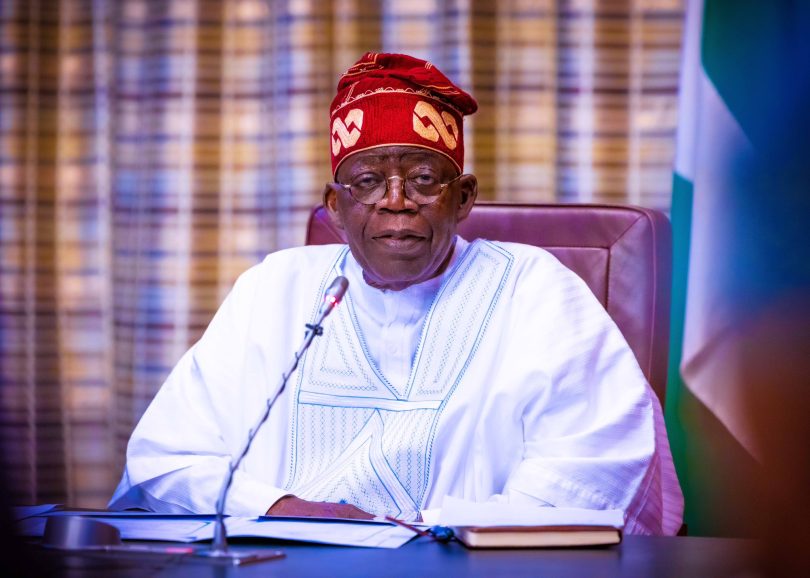President Bola Ahmed Tinubu has urged African nations to take ownership of their mineral resources and end decades of dependence on foreign capital and exploitation.
Speaking through Vice President Kashim Shettima at the Second Africa Minerals Strategy Group (AMSG) High-Level Roundtable on Critical Minerals Development in New York, held on the sidelines of the 80th United Nations General Assembly, Tinubu said the continent must “finance its own future” and wield collective influence in global supply chains.
In a statement issued by his Senior Special Assistant on Media and Communications, Stanley Nkwocha, Tinubu said Africa must use sovereign wealth funds, blended financing, and innovative mechanisms such as the proposed Africa Mineral Token to develop its mineral sector.
“We must take the bull by the horns in financing our future. Never again shall we wait for capital to trickle in. To safeguard this sovereignty, we must guard our cobalt, lithium, graphite, gold, and rare earths not as fragmented states but as one continental bloc,” he said.
The president outlined four priorities for unlocking Africa’s mineral potential. First, he called for value addition through beneficiation and green manufacturing to end the export of raw minerals and reliance on imported finished goods. Second, he stressed the adoption of African-developed standards like the African Minerals and Energy Resource Classification (AMREC) and the Pan-African Resource Reporting Code (PARC) to ensure that Africa controls its own geological data.
Third, Tinubu urged governments to lead large-scale mineral exploration and geological mapping to secure sovereignty over resources. Finally, he emphasized innovative financing, noting that without domestic investment, Africa would remain vulnerable to external exploitation.
Tinubu also praised recent measures by African countries to assert control, citing Zimbabwe’s 2022 ban on raw lithium exports, Gabon’s planned halt to manganese exports by 2029, and Kenya’s steps to restrict raw gold exports. Nigeria, he added, is fast-tracking similar reforms under its Renewed Hope Agenda to drive industrialisation and job creation.
The president commended Nigeria’s Minister of Solid Minerals Development, Dr. Dele Alake, who chaired the roundtable, and Uganda’s Secretary-General Moses Michael Engadu for steering the AMSG towards what he described as a “mineral-led renaissance.”
“As Chair of this Roundtable, I pledge Nigeria’s unflinching commitment to ensuring AMSG fulfils its promise of catalysing a mineral-led renaissance. Let us rise with a communiqué of clarity, a framework for action, and a spirit of unity,” Tinubu declared.
Other speakers at the event underscored the need for African solidarity and transparency. Minister Alake called for cohesion to harness resources for sustainable development and rapid industrialisation. UN Assistant Secretary-General and UNDP Africa Regional Director Ahunna Eziakonwa urged leaders to prioritise beneficiation, technology transfer, and job creation to avoid repeating patterns of exploitation.
European Union Commissioner for International Partnerships Jozef Stkela referenced the EU’s 2024 Critical Raw Materials Act, which aims to diversify supply chains, noting that four of the bloc’s 14 strategic partnerships are with African countries.

